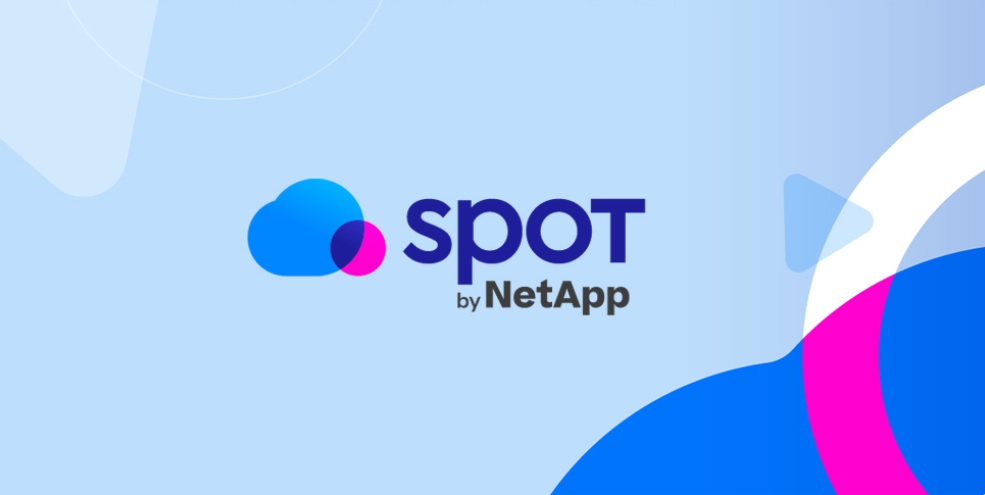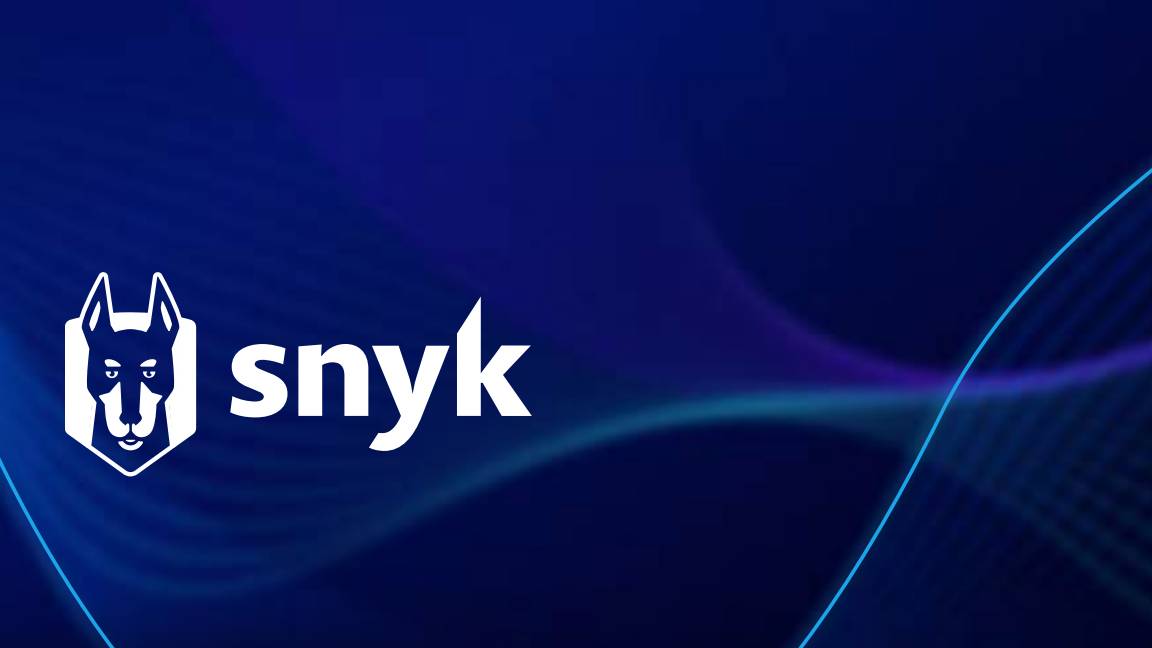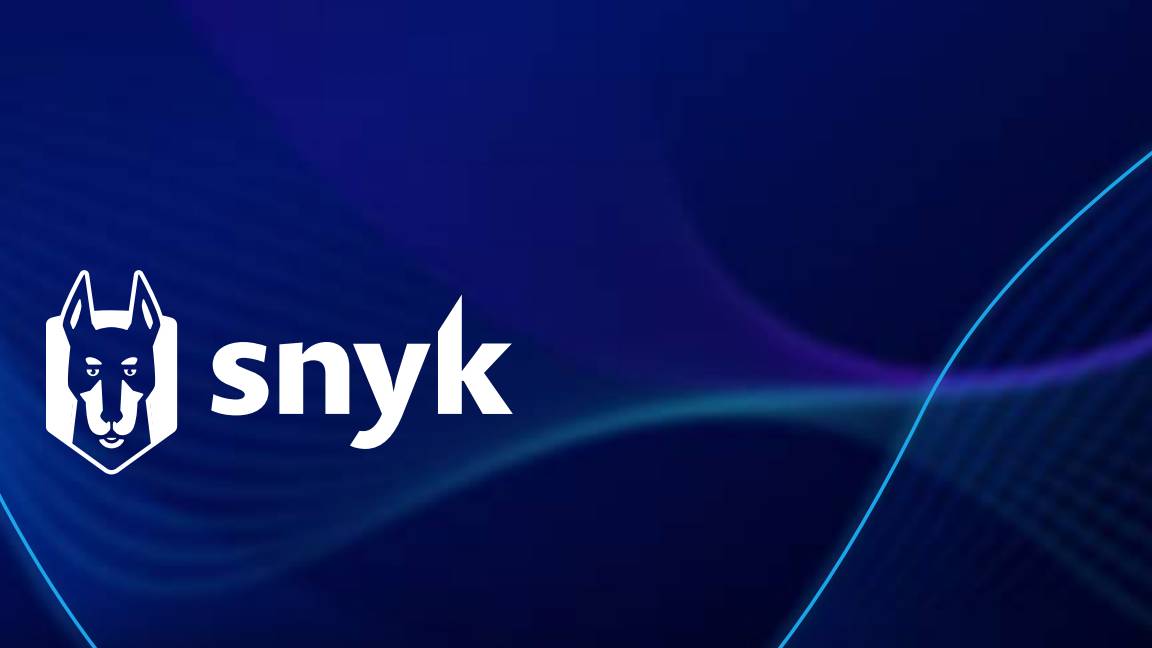NetApp makes Spot acquisition official
Spot by NetApp to drive cloud resource optimization in real-time

NetApp announced today that it has completed its acquisition of Spot, a leader in compute management and cost optimization in public clouds. NetApp announced its intentions to acquire Spot in early June.
As part of the acquisition, NetApp has launched Spot by NetApp. Delivering application-driven infrastructures (ADIs) and cloud infrastructures using analytics and machine learning, Spot by NetApp drives cloud resource optimization for real-time compute and storage.
In all, Spot by NetApp provides users with a portfolio of compute and storage services to monitor and analyze the needs of applications. In turn, Spot by NetApp optimizes cloud resources to satisfy those needs.
With Spot by NetApp, customers can make greater use of cloud excess compute capacity and save up to 90% of compute and storage costs, which NetApp says typically account for 70% of cloud spend. Customers can use compression, dedup and tiering technology to save costs too.
Spot by NetApp can also provide full value out of customers’ cloud reserved capacity and scale and adapt to deliver optimized capacity and performance.
Anthony Lye, senior vice president and general manager of NetApp’s public cloud services business unit, said, “With Spot by NetApp, we will enable customers to get more out of their cloud investment to gain competitive advantage and accelerate their business success.”
“Cloud infrastructure gives application developers the ability to develop and deploy applications faster by providing resources almost instantly at any time,” Amiram Shachar, CEO and co-founder of Spot added.
Get the ITPro daily newsletter
Sign up today and you will receive a free copy of our Future Focus 2025 report - the leading guidance on AI, cybersecurity and other IT challenges as per 700+ senior executives
“We are excited to join NetApp in pursuit of the shared vision to help application owners embrace and take advantage of the full power of the cloud,” Shachar continued.
Though financial terms have not been disclosed at this time, Israeli publication CTECH’s sources said the deal would ring in at $450 million back in June.
-
 Cleo attack victim list grows as Hertz confirms customer data stolen
Cleo attack victim list grows as Hertz confirms customer data stolenNews Hertz has confirmed it suffered a data breach as a result of the Cleo zero-day vulnerability in late 2024, with the car rental giant warning that customer data was stolen.
By Ross Kelly
-
 Lateral moves in tech: Why leaders should support employee mobility
Lateral moves in tech: Why leaders should support employee mobilityIn-depth Encouraging staff to switch roles can have long-term benefits for skills in the tech sector
By Keri Allan
-
 Nearly half of workers think using AI makes them look lazy and incompetent
Nearly half of workers think using AI makes them look lazy and incompetentNews AI adoption is slowing among desk workers, driven by uncertainty around its permissibility in the workplace
By Solomon Klappholz
-
 UK government trials chatbots in bid to bolster small business support
UK government trials chatbots in bid to bolster small business supportNews The UK government is running a private beta of a new chatbot designed to help people set up small businesses and find support.
By Emma Woollacott
-
 What you need to leverage genAI
What you need to leverage genAIWhitepaper What you need to leverage genAI
By ITPro
-
 AI Survey Report
AI Survey ReportWhitepaper Level up your AI game with secure GenAI adoption
By ITPro
-
 AI Code security report: Organizations must change their approach
AI Code security report: Organizations must change their approachWhitepaper 56.4% say insecure AI suggestions are common — but few have changed processes to improve AI security
By ITPro
-
 Gen AI buyer’s guide
Gen AI buyer’s guideWhitepaper Protecting businesses from AI-generated code vulnerabilities
By ITPro
-
 Achieving business outcomes with generative AI
Achieving business outcomes with generative AIWebinar Take your hybrid cloud journey to the next level with generative AI
By ITPro
-
 The CEO's guide to generative AI: This is marketing's sink or swim moment
The CEO's guide to generative AI: This is marketing's sink or swim momentWhitepaper Position marketing as the model for generative AI-driven workforce transformation
By ITPro